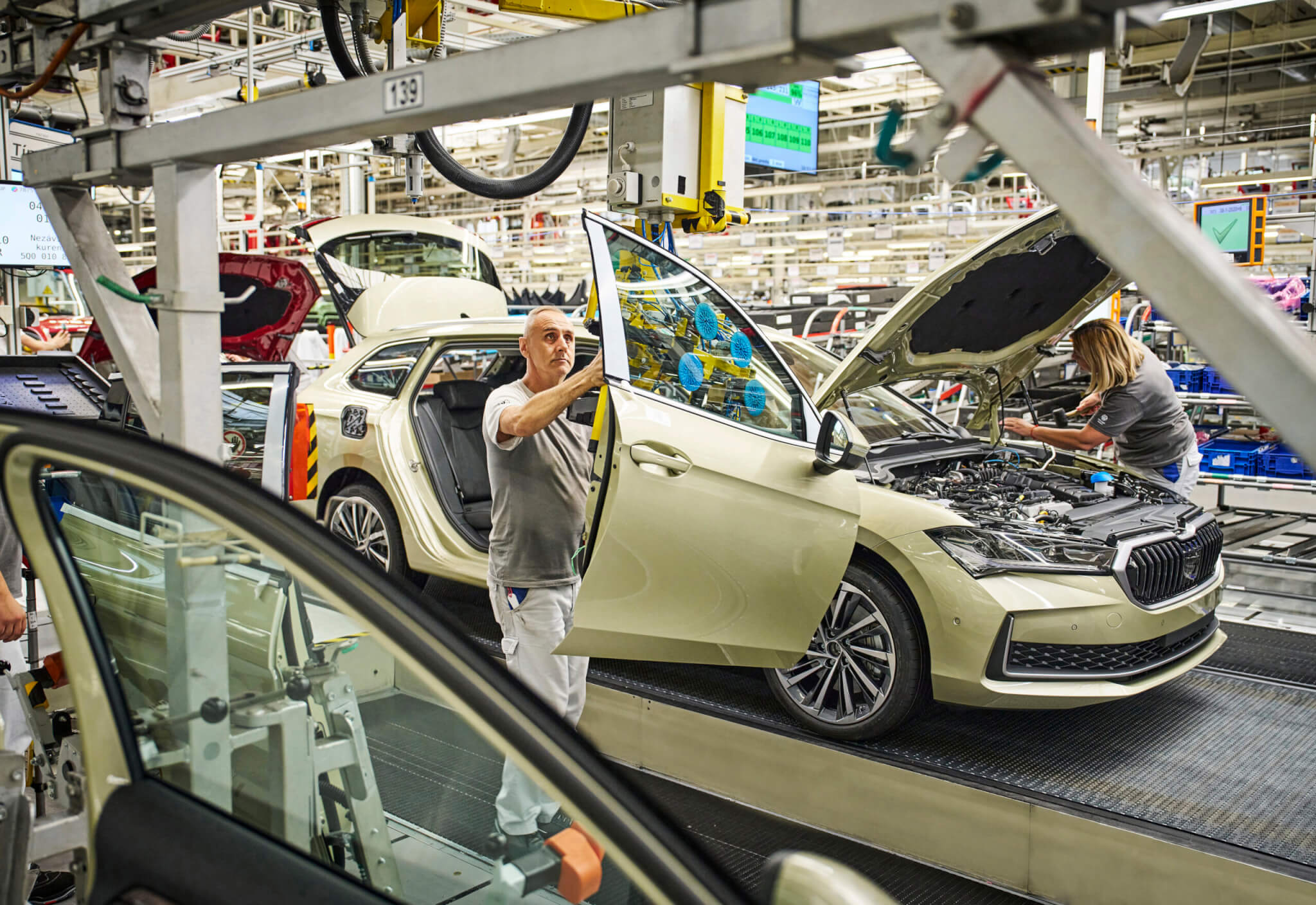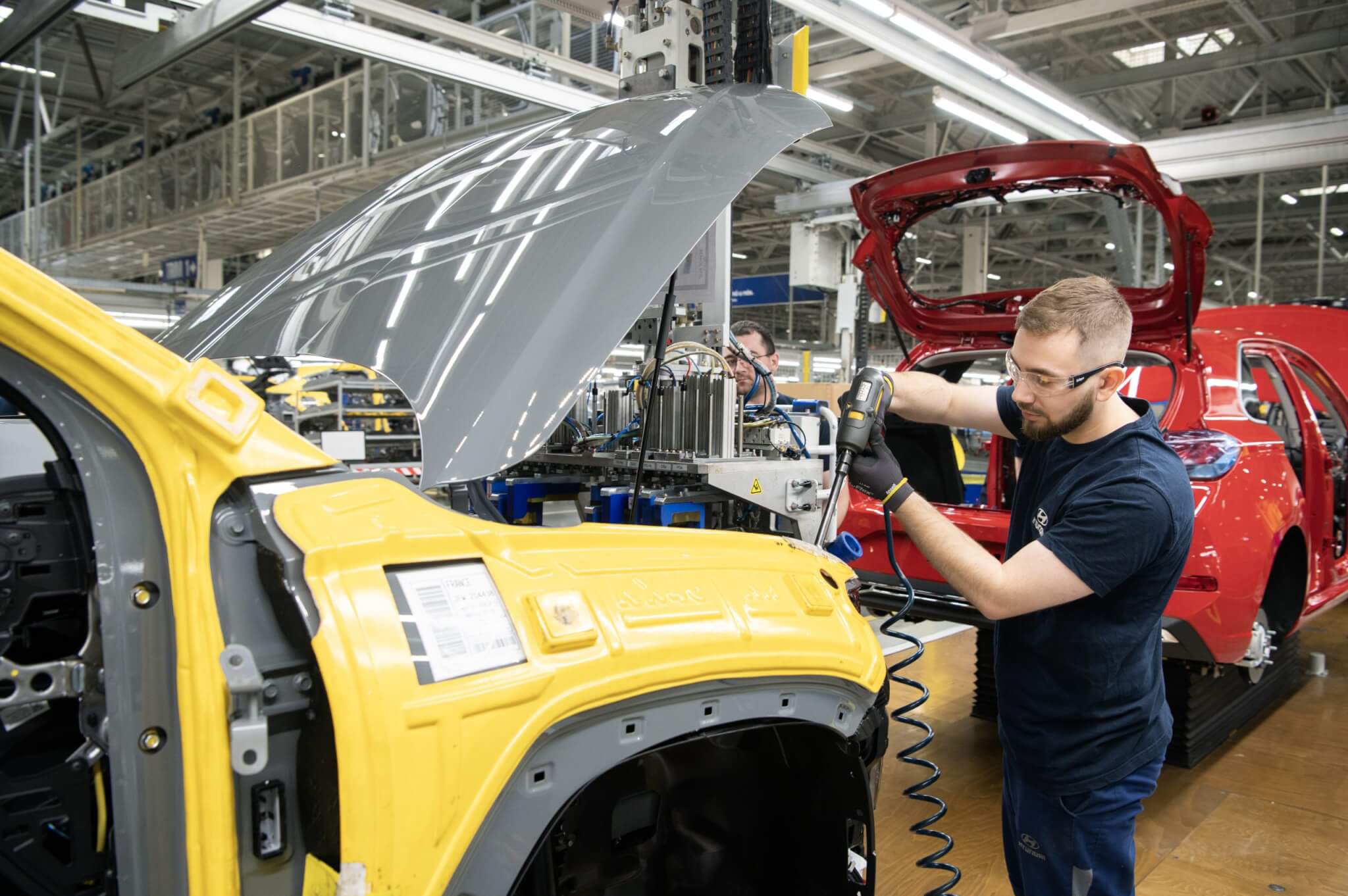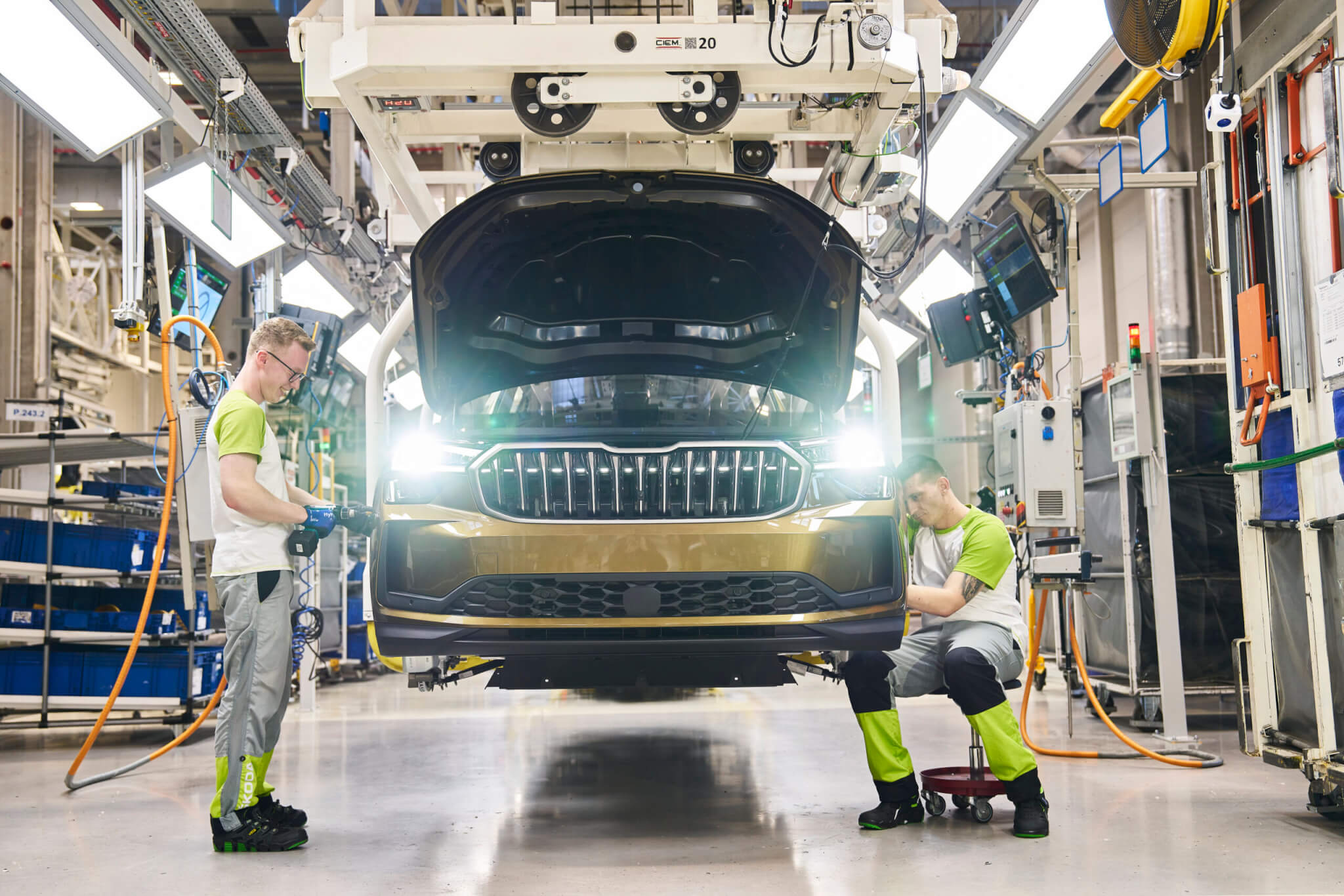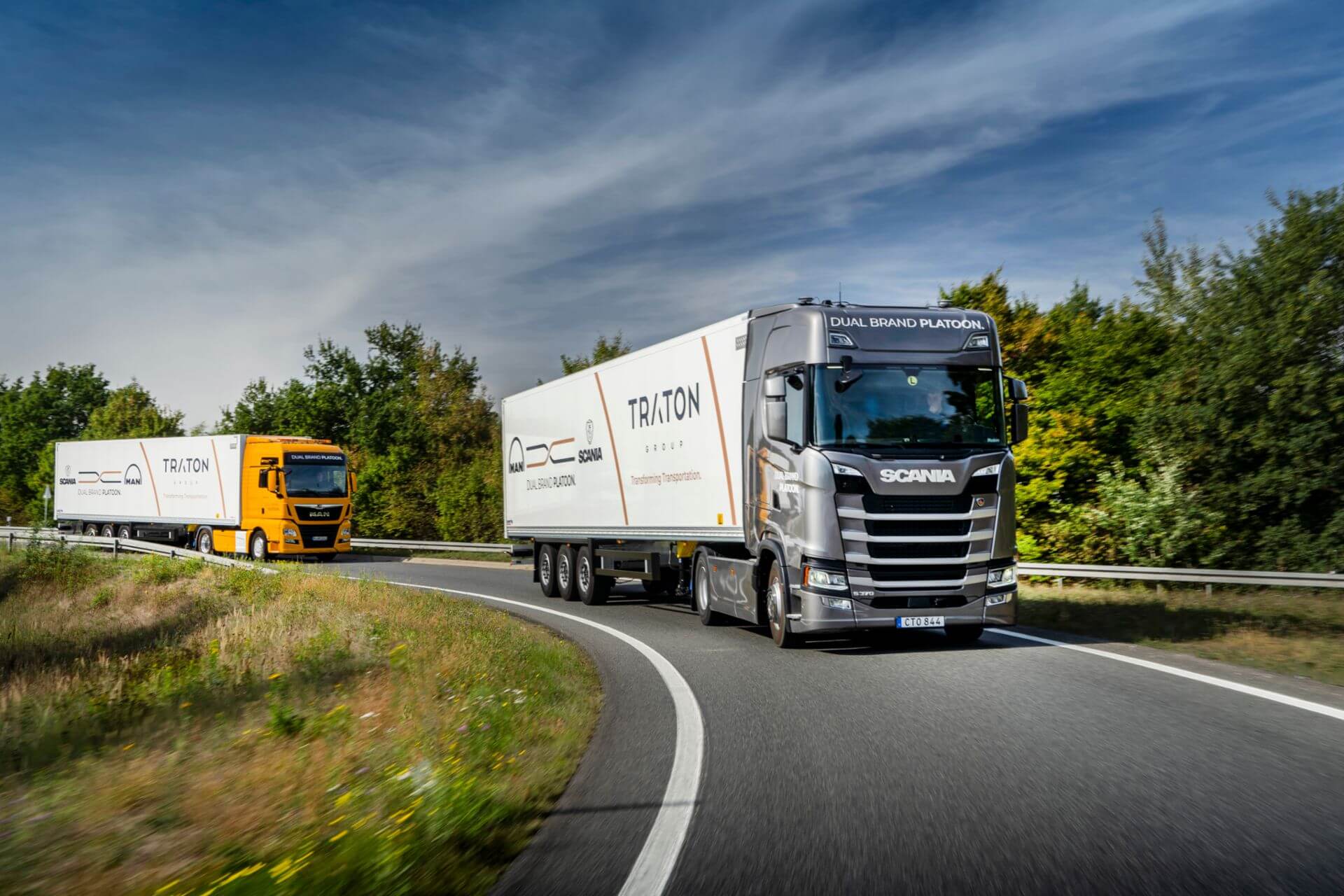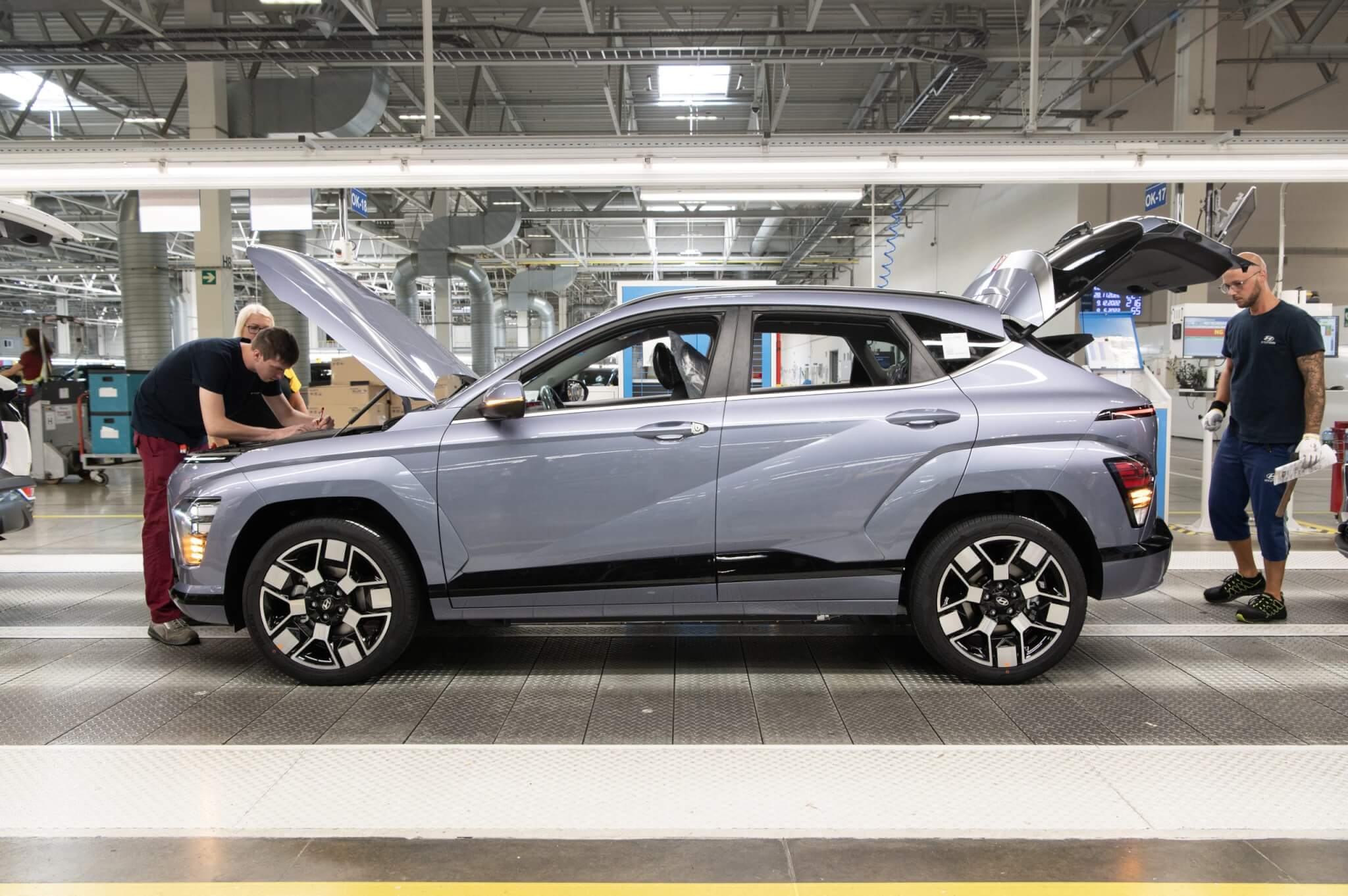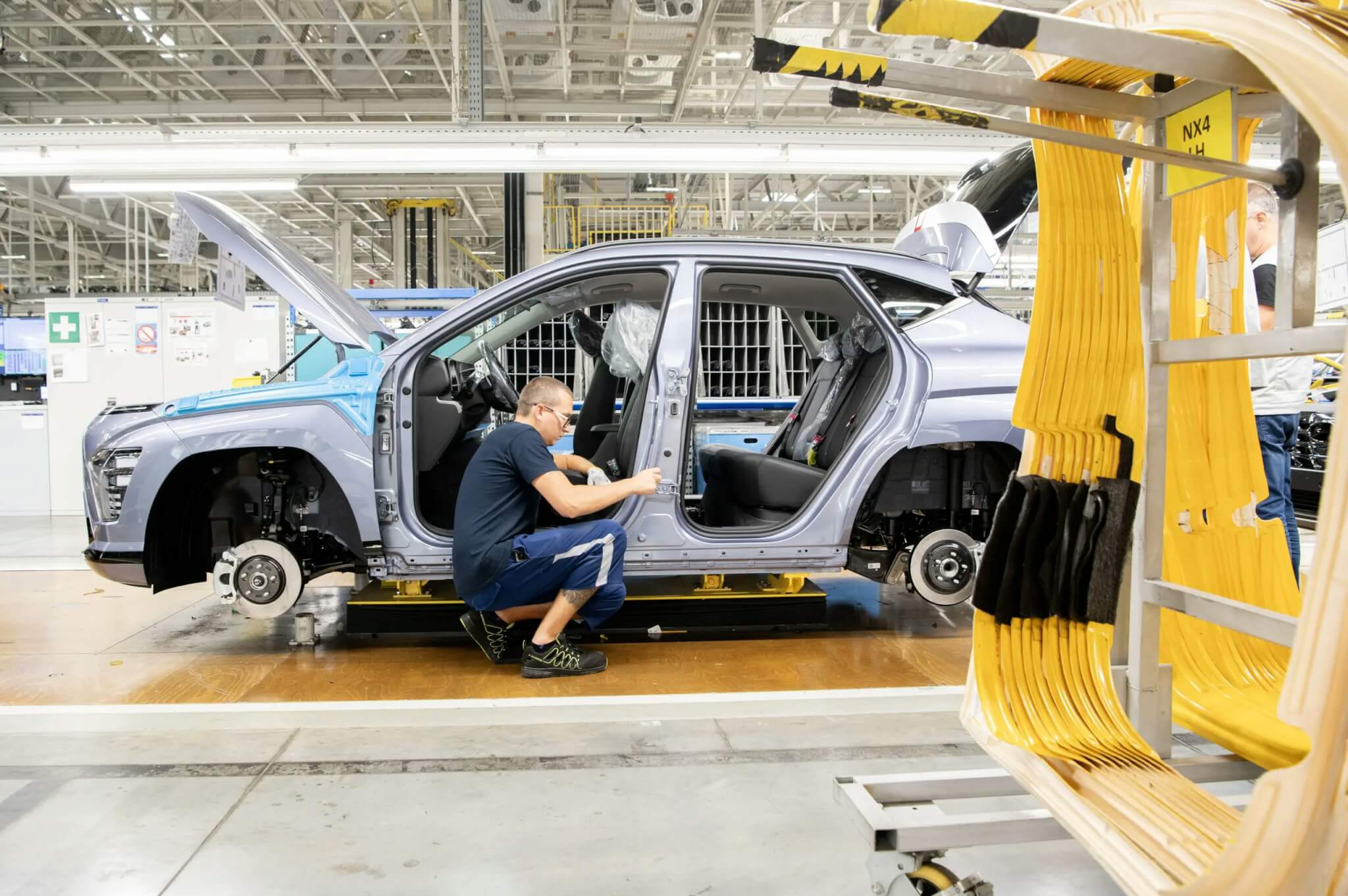Car production in the Czech Republic finally got into the black after the summer months. Since the beginning of the year, a total of 801,774 new passenger vehicles have been produced (+3.4%). The growth is due to the improved situation in the supply and demand chains, but also to the low comparative base of last year. Indeed, since May last year, a gradual decline in production began due to a shortage of semiconductor chips. However, even a slight improvement in the situation in final production will not protect automotive companies, and especially suppliers, from the devastating effects of high energy prices, which are extremely increasing production costs and the uncertainty of planning for next year and thus continue to threaten their existence.
“After more than a year, we can finally note an improvement in the car production situation. Both production and first registrations of new cars in Europe finally increased in August. However, the extreme rise in energy prices is fundamentally threatening the competitiveness and maintenance of production in the Czech Republic and, for a significant part of the supplier sector, their very existence. In such a complex production chain as the automotive industry, the failure of one or two key suppliers can bring the whole industry to a halt,” says Zdeněk Petzl, Executive Director of the Automotive Industry Association. “That is why we are convinced that the Czech government’s fight against expensive energy must complement the measures already adopted so that they both support all manufacturing companies and ensure that the impact of such measures is not merely cosmetic. Almost half of the companies in the car industry already expect to end up in the red this year, and the outlook for next year is even more pessimistic. We therefore call on the government to both extend assistance to the hard-hit industry and to work on systemic changes in the energy sector to ensure the stability of the business environment in the Czech Republic,” adds Zdeněk Petzl.
Passenger vehicles
Since the beginning of this year, 801,774 passenger vehicles were produced by the end of August, up 3.4% year-on-year. In the summer months, the production trend was affected by the various dates of the regular all-work holidays, but the improvement in the semiconductor chip market contributed to the overall growth. Thus, 17,361 more vehicles were produced in July (i.e. 25.4% more) and 65,023 more vehicles were produced in August (i.e. +147.4%). Production in the summer months was even 114 units higher than in the pre-crisis year 2019.
Since the beginning of the year, ŠKODA AUTO has produced 452,907 passenger vehicles at its domestic plants. Although this is down 6.9% year-on-year, the carmaker is managing to make up for the overall decline in production very quickly – at the end of July, the year-on-year decline was 16.3%, in June 16.6% and even 23.4% in May.
Hyundai’s production plant in Nosovice continues its growth trend. Between January and August, 213,600 cars were produced here, 17.1% more than last year. In July, the carmaker produced 20,200 cars (+ 15.4%) and in August, 26,600 vehicles (+ 18.2%).
Toyota has produced 135 267 cars so far this year, 26.8% more than in the same period last year. In the summer of 2021, the carmaker’s production was very noticeably reduced, with 296.4% more cars produced in July 2022 (27,335 units), and 18,829 cars produced in August (production was completely suspended in August 2021).
So far this year, 86,224 electric passenger cars (BEV + PHEV) have been produced in the Czech Republic, i.e. a 10.8% share of total production. ŠKODA AUTO has produced 45,618 electric cars, including 35,977 battery electric vehicles (BEV) and 9,641 plug-in hybrid vehicles (PHEV). The share of production was thus 10.1%. Hyundai produced 40,606 electric cars, including 19,608 BEVs and 20,998 PHEVs. The production of electric vehicles thus accounts for 19.0% of total production in Nosovice.
Buses
The production of buses has also been successful so far this year. In total, 3,361 buses were produced in domestic plants, i.e. 12.6% more year-on-year. Traditionally, the largest producer is IVECO CR from Vysoké Mýto, which produced 2,996 buses from January to August (+ 9.4%). SOR Libchavy has produced 338 buses (+ 45.1%) so far this year, of which 21 were fully electric (6.2%). ŠKODA Electric from Plzeň produced 14 buses this year, while KHMC Opava produced 13 buses, the same as last year.
Motorcycles
JAWA Moto continues to perform strongly this year. It has already produced a total of 1,339 machines, 603 more than last year (+ 81.9%).

